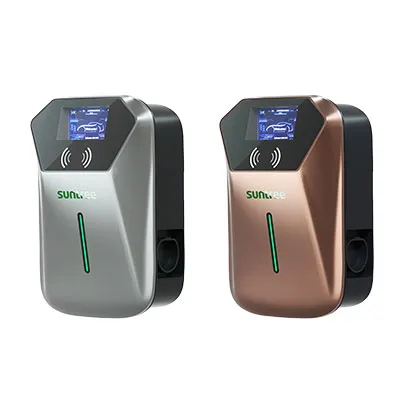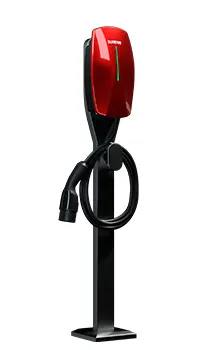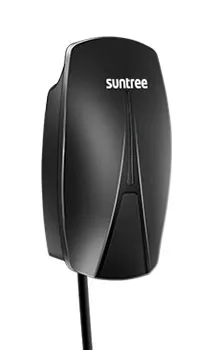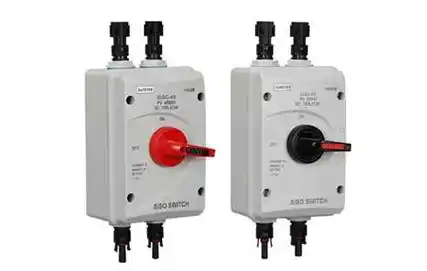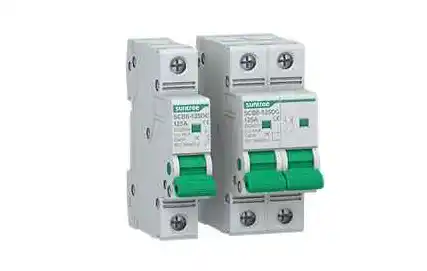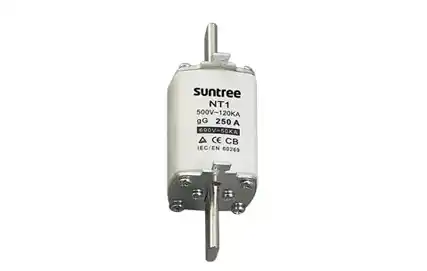Can I use any cables with solar panels?
A critical but often overlooked aspect of installing a solar power system is the cabling. Many people ask, "Can any cable be used with solar panels?" The short answer is no - not all cables are suitable for solar applications. Using the wrong type of cable can lead to inefficiencies, safety hazards, and even system failures.
I.Why Solar Panels Require Specialized Cables
Solar panels operate under special conditions that require high-performance cabling. Here are reasons why standard cables may not meet the requirements:
1. UV and Weather Resistance
Solar cables are exposed to sunlight, rain, and extreme temperatures.
Standard cables can age quickly under UV exposure, causing insulation damage.
2. High Voltage and High Current Handling
Solar systems often operate at higher DC voltages (up to 1000V or more).
Inappropriate cables can overheat, increasing the risk of fire.
3. Flexibility and Durability
Solar panel cables need to withstand movement (e.g., wind, thermal expansion).
They should be both flexible and durable for long-term outdoor use.
4. Direct Current vs. Alternating Current
Solar panels produce direct current (DC), which behaves like alternating current (AC) are different.
DC systems are more prone to arcing, so cables with better insulation are needed.
II.Key Features of the Right Solar Cable
When choosing a solar cable, look for these basic features:
TUV or UL certification – ensures compliance with international safety standards.
Double insulation – protects against abrasion and environmental damage.
Copper conductor – offers low resistance and high conductivity.
Temperature rating – should withstand temperatures from -40°C to 90°C (or higher) for outdoor use.
UV-resistant jacket – protects against degradation caused by sunlight.
III.Risks of using the wrong cable
Overheating and fire hazards – Undersized or poor quality cables can overheat.
Energy loss – too high resistance can lead to reduced efficiency.
Short circuits and system damage – inadequate insulation can cause electrical failures.
Conclusion
Not all cables are suitable for solar panels. solar cables are designed to meet the unique needs of photovoltaic (PV) systems, ensuring safety, efficiency, and longevity. Be sure to choose TUV or UL based on the voltage and current requirements of your system. Certified solar cablesand choose the right size.
Investing in the right cable can protect your solar investment and maximize its performance for years to come.



